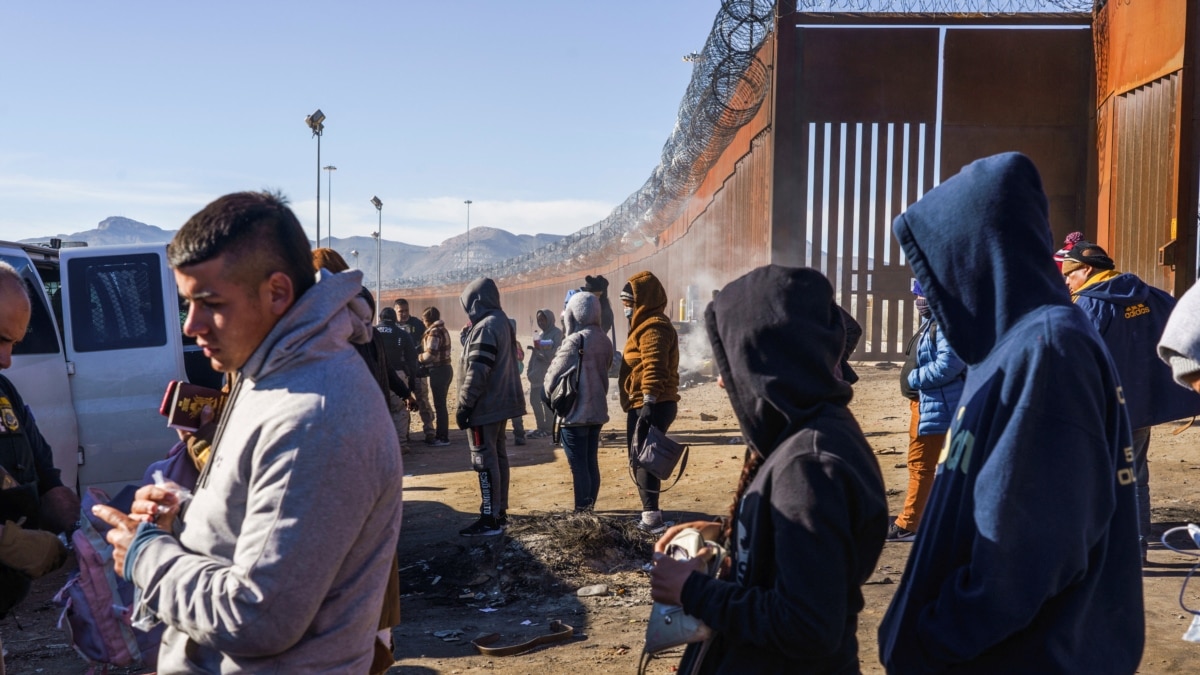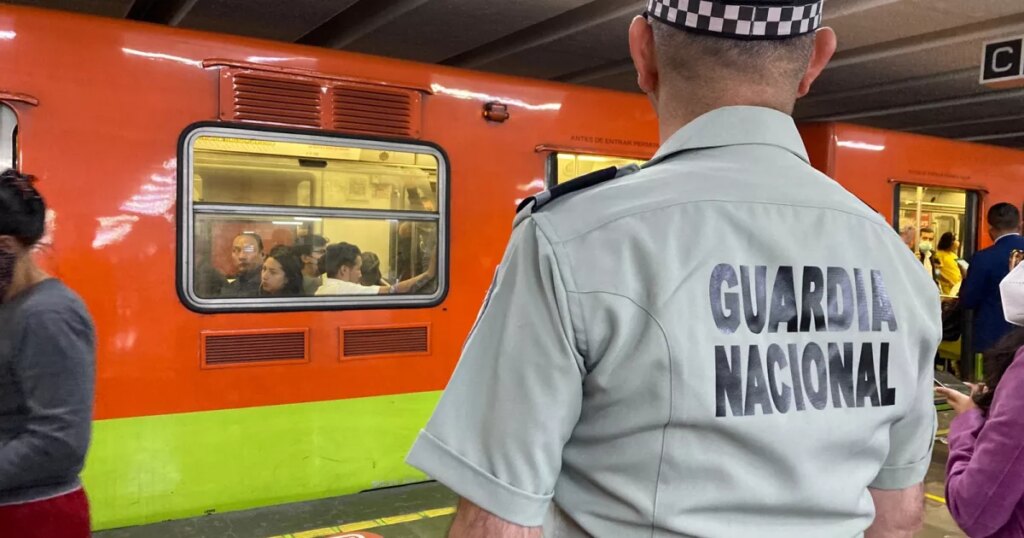Faced with questions from Nicaraguans who seek to apply to the humanitarian “parole”, the interim undersecretary for Border Policy and Immigration of the United States, Blas Nunez-Neto, clarified several doubts in this regard, including information on the people who are still in detention centers on the southern border.
Nunez-Neto assures that these people are not eligible for this humanitarian parole process because “it is in force for Nicaraguan citizens who are outside the United States at this time.”
“Those who are in immigration detention centers are already in the legal process here and they will have to see how that process continues and they can be returned to Nicaragua at the end of that process if they do not establish a legal basis to stay in the United States,” Nunez-Neto told local news outlets.
On the other hand, the US official explained that they are not imposing quotas at the country level in terms of numbers. However, they are processing the applications in the order they are received “and we are seeing the demand from the countries.” The number of migrants who will enter the US humanitarian program will be 30,000 per monthdistributed between Cuba, Haiti, Nicaragua and Venezuela.
In terms of the vaccines against COVID-19 that the US government requests to enter its territory, Nunez-Neto assures that in the case of people who do not have them, they must commit to getting vaccinated once they arrive in the country.
The humanitarian parole fulfilled this Thursday a week after being extended for Nicaraguans, Cubans and Hatians.
“This process is an orderly and secure channel that is going to allow the citizens of Nicaragua to access the United States from wherever they are, and they are not going to need to come to our border to participate in this process and, in fact, if they come to our border and try to cross irregularly, they will be returned to Mexico and they will lose the opportunity to be eligible for the process,” Blas stressed.
See also the VOA special: The path of the migrant
The parole process must be initiated by a sponsor in the United States. It is this person who must present the application for a Nicaraguan beneficiary who is outside the United States.
That sponsor must prove that they can provide financial assistance for their beneficiaries. Once the application is approved, the beneficiary can begin the process to apply.
When the process is complete, the Nicaraguan citizen will receive a travel authorization that will allow them to board a plane and fly directly to the United States. There he will be able to apply to obtain a work authorization, which will allow him to work the two years that he will be admitted.
Children are not eligible
When asked by the Nicaraguan media about whether children are eligible for this process, Nunez-Neto indicated that this is not the case, since there are other mechanisms in place to reunite children who are not accompanied by their parents.
“In terms of age limits, there is no age restriction on those who participate and children who are accompanied, that is, who travel with their parents or legal guardians, can participate in the process.”
On the other hand, he described this humanitarian parole process as an opportunity for a person to stay in the United States for two years, adding that, in that period, the beneficiary will be able to change his immigration status to whatever one can access. , which includes asylum status.
“What we are looking for with this process and with everything we announced last week is an orderly, regular and safe flow for people who are seeking protection or economic opportunity in the United States.”
Regarding the people who are stranded in Mexico, the official indicated that there is a new system, called CBPOne, which works through a mobile phone application aimed at individuals who are already in Mexico and who want to access the asylum system in the United States. They can schedule a date to appear at the border at a point of entry authorized by the US authorities.
What we are looking for with this process… is an orderly, regular and safe flow for people who are seeking protection or economic opportunity in the United States.
It should be noted that these people will have to justify that they deserve an exemption from the application of Title 42 that orders their immediate expulsion from the US “and those exceptions are based on vulnerabilities.”
“All of this will be on our website, but what I want to insist is that we are opening robust and fairly broad channels for migrants from Nicaragua who are seeking to come to the United States, but we are also announcing measures with strong consequences for individuals who, Despite all these legal pathways that we are in, they cross the border irregularly,” he said.
He added that the processes of parole that they are announcing are much better, so he recommends “waiting in Costa Rica and accessing this totally legal and free process.”
“The only cost involved (the process) is the cost of the plane ticket and that is much cheaper than what the gangs and organized crime that manage the migratory flows in the region charge,” said Blas.
Nicaraguan government accusations would have no repercussions
Blass Nunez-Neto concluded by pointing out that the denunciations of the Nicaraguan government, which accuses opponents of “terrorists” and other crimes such as “treason”, have no weight when applying to the humanitarian parole.
“The restrictions that exist are if one enters Mexico, Panama or the United States irregularly, [entonces] one would not be eligible for this process and if one has a criminal history in the United States, that would also be a restriction but there is no restriction about the Nicaraguan government’s accusations.
Connect with the Voice of America! Subscribe to our channel Youtube and activate notifications, or follow us on social networks: Facebook, Twitter and instagram.
















